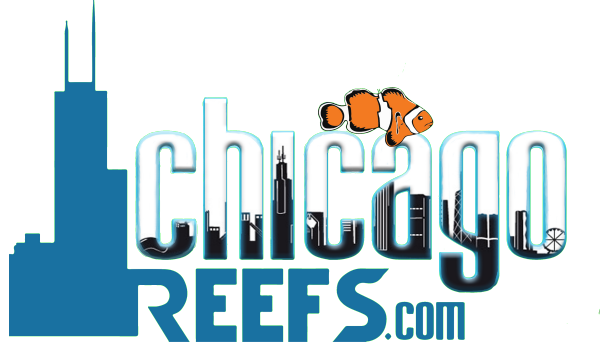nothing wrong with it....Deionized water simply means that certain dissolved stuff has been taken out of it. It is a step below distilled water.
Most things that dissolve in water become ions. Ions are simply charged atoms (or groups of atoms). For instance, when salt, which is NaCl (sodium chloride), is dissolved in water, it separates into its constituent ions, Na+ (the + means it is positively charged) and Cl- (which is negatively charged.) So salty water, and also barbecue sauce and mineral water, all have lots of ions.
Most inorganic (not from living sources) compounds that dissolve in water will separate into ions. So when
water is deionized, most of the inorganic impurities are removed. It would not have any dissolved minerals or heavy metals like lead or mercury, for instance.
However, it could still have dissolved organic compounds, which don't form ions when you dissolve them. Examples might include alcohol, sugar, or more realistically, nitrates like you find in fertilizer or pesticides.
So deionized water could theoretically be bad for you. It could have bacteria or dioxin or rattlesnake poison in it.
But if you ever see deionized water in real life, it is basically purified tap water. The reason they make deionized water is that in certain cases, you don't want dissolved minerals in the water, but you don't need absolutely pure water. A humidifier or a steam iron might take deionized water, because deionized water won't leave white mineral deposits inside. Because it has relatively few ions, deionized is actually a pretty poor conductor of electricity. Apparently those spot-free rinses at car washes use deionized water, again because it leaves no mineral spots. And it is cheaper to make deionized water than absolutely pure water.
So you could drink it with no problem. I certainly would.
y'all had me worried

